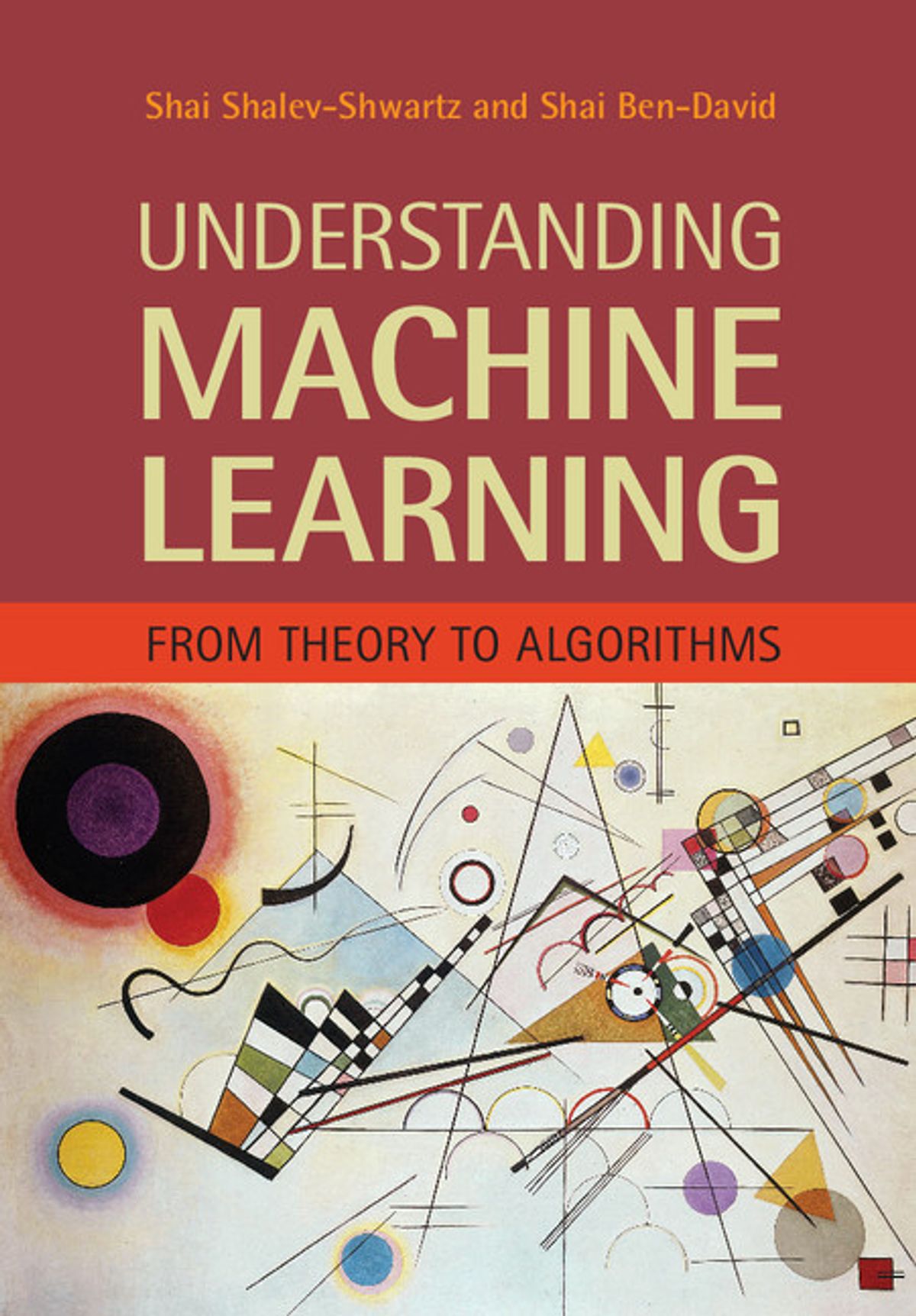Would you like to get Understanding Machine Learning From Theory To Algorithms PDF for free? Have you been searching for where to get understanding machine learning from theory to algorithms PDF free download? If you have been searching for where to get understanding machine learning from theory to algorithms PDF free download you don’t have to search anymore because you can get it here in a click!
Table of Contents
About The Understanding Machine Learning: From Theory to Algorithms eBook
Machine learning is one of the fastest growing areas of computer science, with far-reaching applications. The aim of this textbook is to introduce machine learning, and the algorithmic paradigms it offers, in a principled way. The book provides a theoretical account of the fundamentals underlying machine learning and the mathematical derivations that transform these principles into practical algorithms. Following a presentation of the basics, the book covers a wide array of central topics unaddressed by previous textbooks. These include a discussion of the computational complexity of learning and the concepts of convexity and stability; important algorithmic paradigms including stochastic gradient descent, neural networks, and structured output learning; and emerging theoretical concepts such as the PAC-Bayes approach and compression-based bounds. Designed for advanced undergraduates or beginning graduates, the text makes the fundamentals and algorithms of machine learning accessible to students and non-expert readers in statistics, computer science, mathematics and engineering.
Table of Contents
- Introduction
Part I: Foundations
- A gentle start
- A formal learning model
- Learning via uniform convergence
- The bias-complexity trade-off
- The VC-dimension
- Non-uniform learnability
- The runtime of learning
Part II: From Theory to Algorithms
- Linear predictors
- Boosting
- Model selection and validation
- Convex learning problems
- Regularization and stability
- Stochastic gradient descent
- Support vector machines
- Kernel methods
- Multiclass, ranking, and complex prediction problems
- Decision trees
- Nearest neighbor
- Neural networks
Part III: Additional Learning Models
- Online learning
- Clustering
- Dimensionality reduction
- Generative models
- Feature selection and generation
Part IV: Advanced Theory
- Rademacher complexities
- Covering numbers
- Proof of the fundamental theorem of learning theory
- Multiclass learnability
- Compression bounds
- PAC-Bayes
Appendices
- Technical lemmas
- Measure concentration
- Linear algebra
